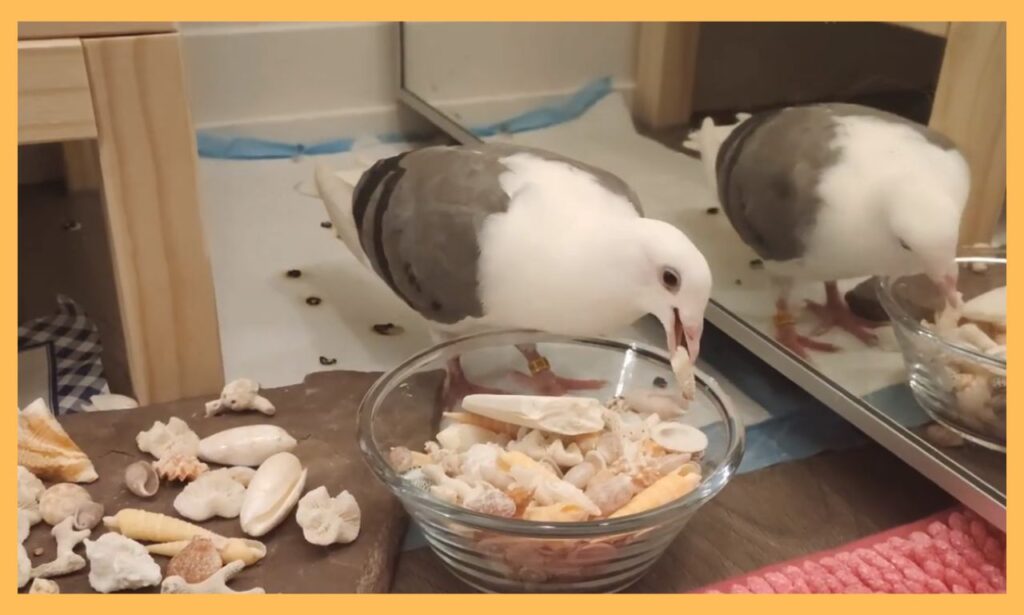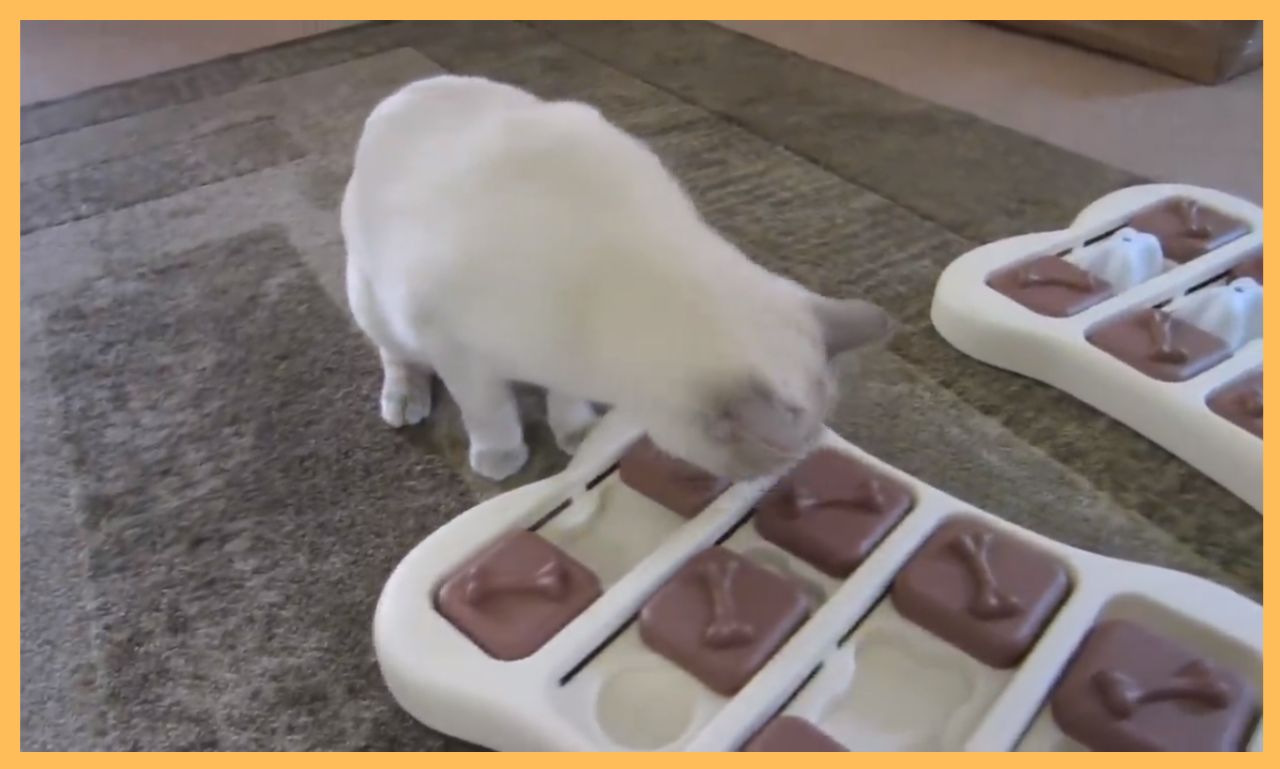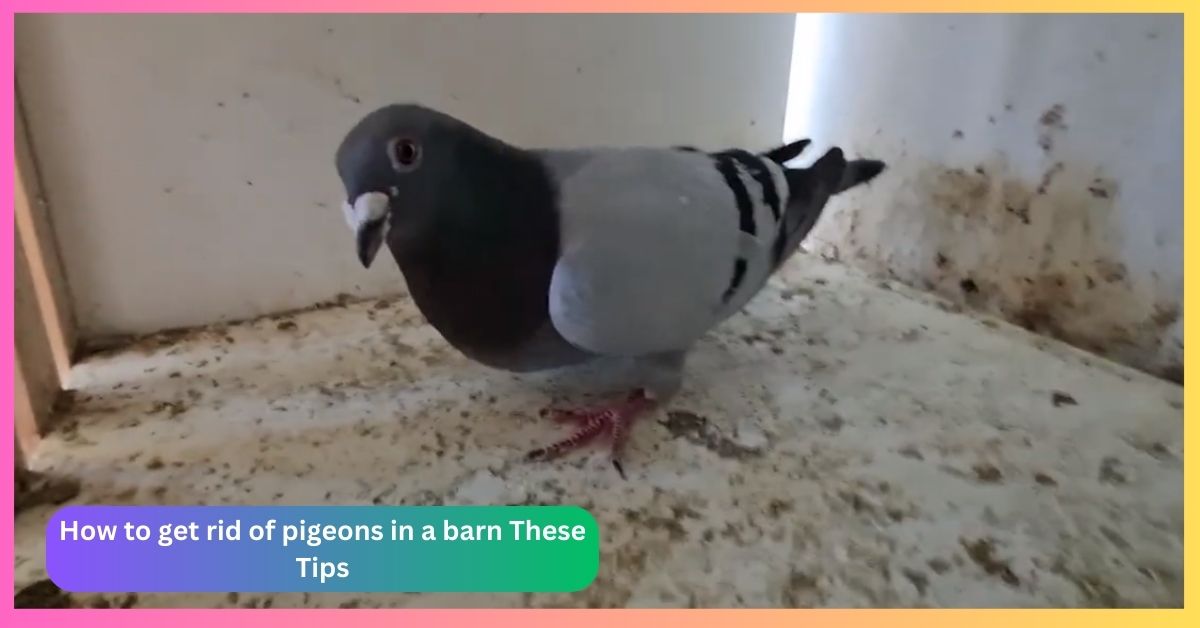Pigeons are among the most familiar birds in the world, often seen bustling around city squares, parks, and rooftops. But have you ever wondered what these adaptable birds eat to sustain their busy lives? Pigeons are omnivores with a diet that reflects their remarkable ability to thrive in both urban and rural environments. While they are primarily granivorous, meaning they rely heavily on seeds and grains like sunflower seeds, millet, and corn, their diet is far more varied than you might expect.
What Do Pigeons Eat? Insights into Their Diet and Feeding Habits In the wild, pigeons forage for a mix of seeds, fruits, and even small insects, which provide essential nutrients and energy. In urban settings, they’ve adapted to eating human food scraps, though these are often less nutritious. While they may eagerly peck at breadcrumbs or popcorn, these foods aren’t ideal for their health. Understanding what pigeons eat not only satisfies curiosity but also helps us support their well-being. Whether you’re a bird lover or simply intrigued by these feathered city dwellers, exploring their dietary habits offers a fascinating glimpse into their lives. Let’s dive deeper into the world of pigeon nutrition and discover how to feed them responsibly!
Table of Contents
TogglePigeon Dietary Basics: What You Need to Know
Pigeons are omnivorous birds with a diet primarily consisting of seeds, grains, and small insects. In the wild, they forage for foods like wheat, corn, barley, and peas, which provide essential nutrients for their energy and health. Occasionally, they may also consume fruits, greens, and small invertebrates to supplement their diet.
Essential Nutrients for Pigeons
A balanced pigeon diet should include carbohydrates, proteins, fats, vitamins, and minerals. Seeds and grains are excellent sources of carbs and fats, while legumes like lentils provide protein. Calcium, found in crushed eggshells or grit, is crucial for strong bones and eggshell formation in breeding pigeons.
Feeding Tips for Pet Pigeons
If you’re caring for a pet pigeon, offer a high-quality seed mix or pellet formula designed for pigeons. Fresh water should always be available, and occasional treats like leafy greens or chopped fruits can add variety. Avoid processed human foods, as they can harm their digestive system.
By understanding their dietary needs, you can ensure your pigeon stays healthy and happy!
Natural Diet in the Wild
In the wild, pigeons primarily consume a varied diet centered around grains and seeds. They forage for food on the ground, often searching for:
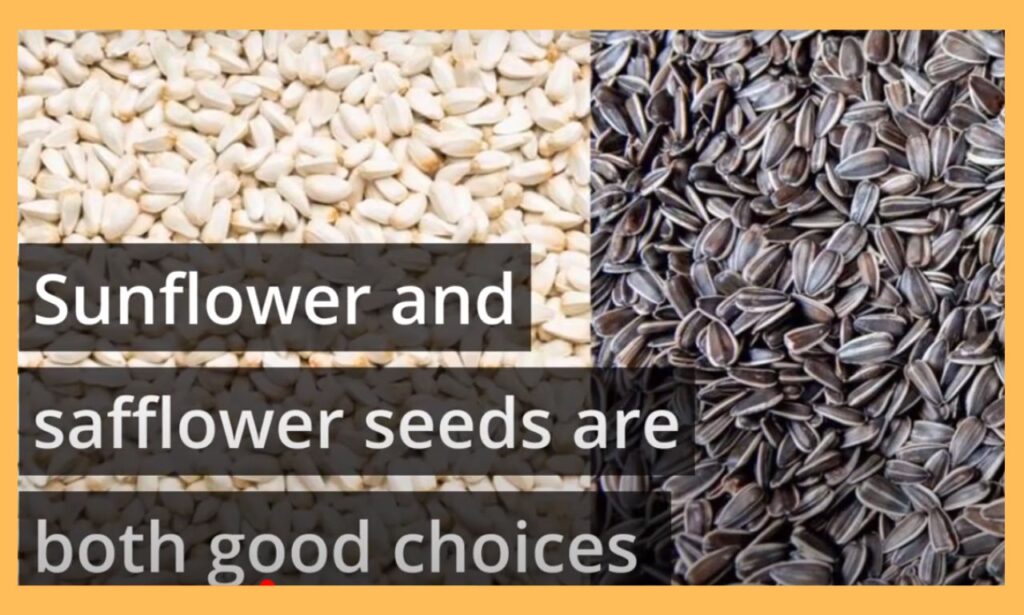
Seeds: Such as sunflower, millet, and various grass seeds.
Fruits: Including berries and fallen fruits, which provide essential vitamins.
Vegetation: Young leaves and shoots can also be part of their intake.
Their strong digestive systems allow them to process hard seeds and grains effectively. Pigeons often drink from natural water sources, which is crucial for hydration and digestion. This diet supports their energy needs for flight and breeding.
Common Urban Pigeon Diet
In urban settings, pigeons adapt their diet to the available food sources, often leading to a less nutritious intake. They commonly eat:
Bread: Often discarded food items, it’s a popular and easily accessible option.
Granola and Birdseed: Frequently given by people as they observe pigeons in public spaces.
Food Waste: Scraps from outdoor cafés or markets can include a wide array of items.
While urban pigeons find many food sources, it’s important to note that a diet high in processed foods like bread can lead to health issues. These adaptations reveal their remarkable ability to survive in various environments.
Feeding Habits and Preferences
Pigeons exhibit distinctive foraging behaviors and have specific preferences in their diet. Understanding these aspects can help in providing appropriate food for them
Foraging Behavior
Pigeons primarily forage on the ground for food. They are opportunistic feeders and will often scavenge in urban environments. Their excellent eyesight allows them to spot seeds, grains, and other edibles from a distance.
I’ve observed that pigeons use their beaks to probe the ground. This helps them unearth seeds hidden in soil or debris. Their foraging is often social; they frequently feed in groups, which can enhance their success in finding food.
Pigeons have a unique mechanism for processing food. After picking it up, they swallow it whole and later grind it in their gizzards, aided by small stones they ingest, which aids in digestion.Pigeons, often referred to as “city birds,” are a common sight in urban environments around the world. These adaptable birds have learned to thrive alongside humans, and their diet plays a significant role in their survival. But what exactly do pigeons love to eat? Whether you’re a bird enthusiast or just curious about these feathered neighbors, here’s a closer look at their favorite foods.
Seeds and Grains: A Staple in Their Diet
Pigeons are naturally granivorous, meaning their diet primarily consists of seeds and grains. In the wild, they forage for a variety of seeds, including sunflower seeds, millet, corn, wheat, and barley. These nutrient-rich foods provide the energy they need for flying and daily activities. If you’ve ever fed pigeons in a park, you’ve likely noticed how quickly they flock to scattered birdseed or breadcrumbs!
Fruits and Vegetables: A Healthy Treat
While seeds and grains make up the bulk of their diet, pigeons also enjoy fruits and vegetables. They are particularly fond of leafy greens like lettuce and spinach, as well as fruits such as berries, apples, and grapes. These foods offer essential vitamins and minerals, contributing to their overall health. However, fruits and veggies are usually consumed in smaller quantities compared to seeds.
Human Food: A Double-Edged Sword
Pigeons are opportunistic feeders and have adapted to eating human food scraps. Bread, crackers, and popcorn are commonly offered to pigeons in urban areas, but these foods are not ideal for their health. While pigeons may eagerly eat these treats, they lack the necessary nutrients and can lead to health issues if consumed in excess. It’s better to offer them birdseed or grains instead.
Insects and Small Invertebrates: Occasional Protein Boost
Though not a major part of their diet, pigeons occasionally eat insects, snails, and worms. These protein-rich foods are especially important during breeding season when pigeons need extra energy to raise their young. However, this behavior is more common in rural or wild pigeons than in city-dwelling ones.
Grit: Essential for Digestion
Pigeons don’t have teeth, so they rely on grit—small stones or sand—to help grind up food in their gizzard. While not a “food” in the traditional sense, grit is a crucial part of their diet, aiding in digestion and nutrient absorption. You’ll often see pigeons pecking at the ground to collect these tiny particles.
Tips for Feeding Pigeons Responsibly
If you enjoy feeding pigeons, it’s important to do so responsibly. Avoid offering processed or salty foods, as these can harm their health. Instead, opt for natural options like birdseed, cracked corn, or unsalted nuts. Additionally, feed them in moderation to prevent over-reliance on human-provided food.
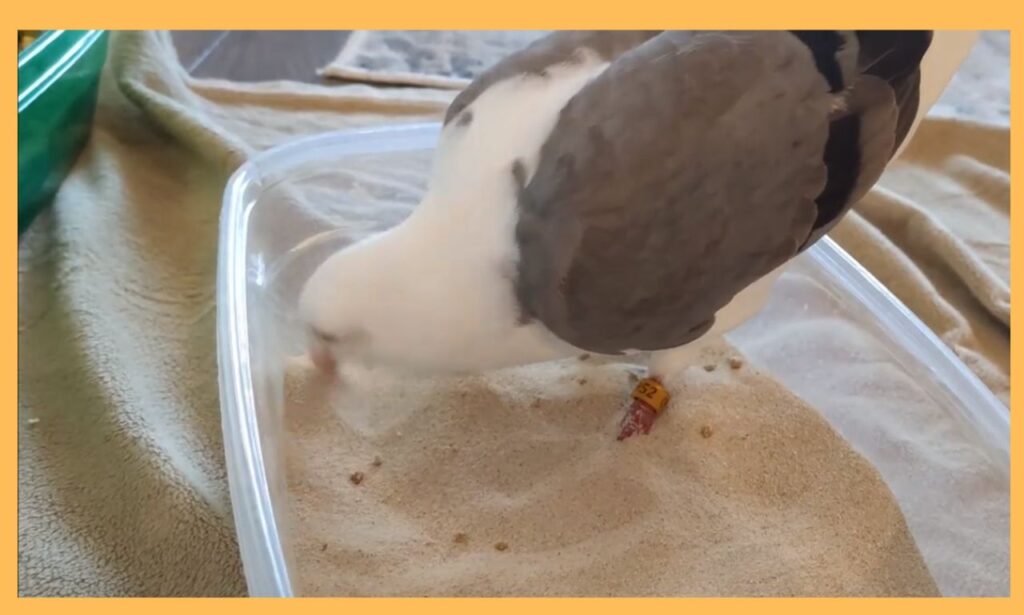
.
Nutritional Requirements
Pigeons have specific nutritional needs that must be met for optimal health. A balanced diet typically includes seeds, grains, and, in some cases, supplemental foods to ensure they receive essential nutrients.
Pigeons primarily consume seeds and grains, which provide crucial energy. Some common options include:
Corn: High in carbohydrates, it serves as a staple for many pigeons.
Sorghum: Another energy-dense grain, often used in pigeon feed mixes.
Wheat: Provides protein and essential fatty acids.
These grains can be offered whole, cracked, or ground, catering to the pigeon’s preference and age. It’s also important to vary their diet to prevent nutritional deficiencies. For instance, adding millet or sunflower seeds can enhance their diet, offering different textures and flavors. The ideal mix should account for the pigeon’s size, age, and life stage.
While seeds and grains are fundamental, supplemental feeding can enhance a pigeon’s diet. This includes fresh fruits and vegetables, which provide vitamins and minerals. Some beneficial options are:
Peas: Rich in protein and energy.
Carrots: Source of vitamins A and K.
Leafy greens: Provide necessary hydration and nutrients.
Calcium is another important element, especially during breeding season. Crushed oyster shells can be offered as a calcium source. Moreover, grit is essential for digestion, aiding in breaking down seeds in their gizzards. Balancing these supplements ensures pigeons maintain their health throughout different life stages.
Best Foods for Attracting Pigeons
If you’re looking to attract pigeons, whether for birdwatching, photography, or simply to enjoy their presence, offering the right foods is key. Pigeons are opportunistic feeders and enjoy a variety of grains, seeds, and scraps. Here are some of the best foods to draw them in:
- Seeds and Grains: Pigeons love seeds like sunflower, millet, and cracked corn. These are nutrient-rich and provide the energy they need for their daily activities.
- Bread and Scraps: While bread isn’t the healthiest option, pigeons are naturally drawn to it. Opt for whole-grain or multi-grain bread for a slightly healthier choice.
- Rice and Lentils: Cooked rice or lentils are a great treat for pigeons. They’re easy to digest and provide a good source of carbohydrates.
- Peas and Corn: Fresh or frozen peas and corn kernels are a favorite among pigeons. Scatter them on the ground or in a feeding tray for easy access.
- Commercial Bird Feed: Specialized pigeon or dove feed is available in pet stores and online. These mixes are designed to meet their nutritional needs and are highly effective for attracting them.
Resource : Drcritter
Conclusion: What Do Pigeons Eat?
pigeons are versatile and adaptable eaters, thriving on a diet of seeds, grains, and occasional scraps. From sunflower seeds and cracked corn to peas, rice, and even bread, these birds are drawn to a variety of foods that are easy to find and offer. If you’re looking to attract pigeons, providing a mix of these nutritious options will ensure they keep coming back. Just remember to avoid unhealthy or processed foods and always pair their meals with fresh water. By understanding what pigeons eat and catering to their preferences, you can create a welcoming space for these charming birds to visit and enjoy.
Related Post
